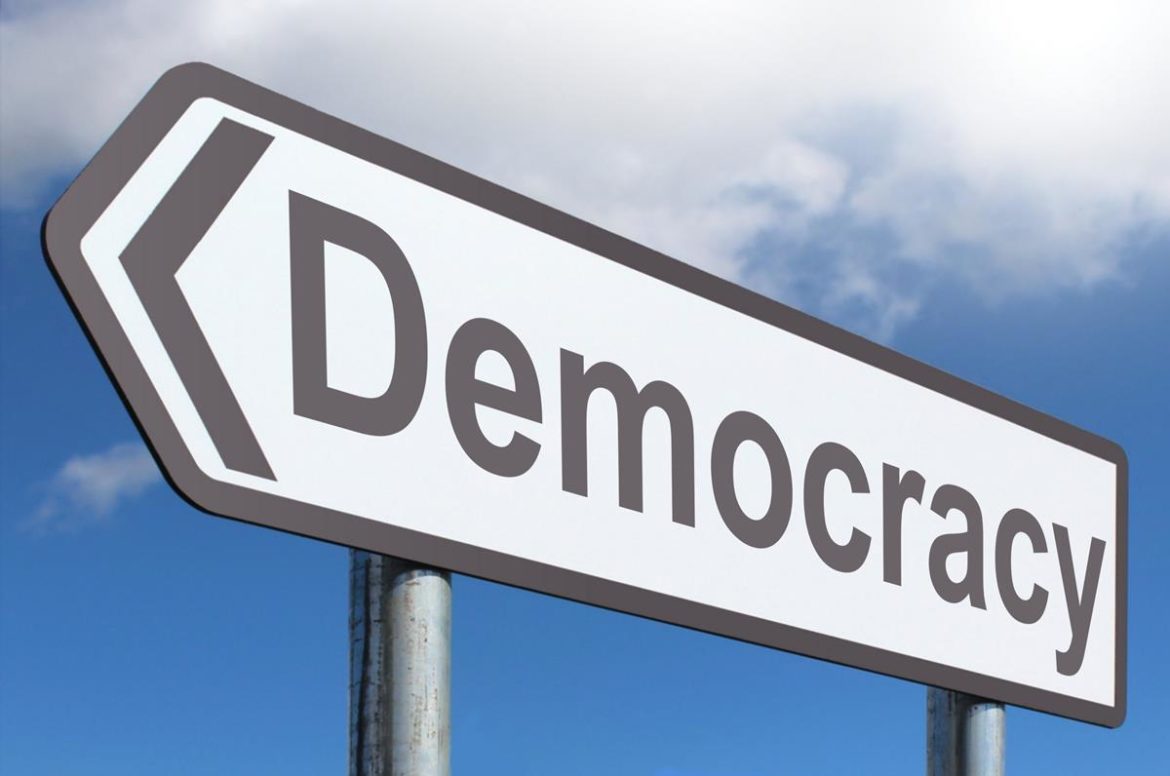It is just natural that time to time we tend to think about the quality of our Western democracies, especially in a period when several crisis hit our social structures. As democracy is a system that indeed needs constant work to be maintained, it is not surprising that we are evaluating regularly if it is functioning properly.
Author: Szabolcs Szalay
But in fact, what makes the democracy? We all know that freedom of speech, multiparty elections or the respect for human rights belong to the common understanding of democracy. Yet, it rarely happens that we think about why these principles – accepted by almost all the countries of the world, even by cruel dictatorships, at least in words – work well in some countries while being completely neglected in others. And, as a consequence, is it possible to destroy a flourishing democracy by some populists, or build one up from scratches by some enlightened leaders of developing countries?

Can politicians just destroy or build up democracy?
My short answer is: no. And the reason for that is enshrined exactly in the fundaments of all functioning democracies. Where the core principle is the rule of the law, and the laws and democratic institutions are known and respected by the society, and are followed by the authorities, no populistic politician or autocrat will ever have the power to just substantially change them. The reason is exactly what the term “rule-of-law” suggests: it is the law and the democratic institutions that actually rule the country, political actors can only nuance their functioning but are not entitled to rewrite the system. The fact how much their hands are tied in such a system will become visible right at the beginning of the eventual coalition talks or when a vigorous civil society will hold them accountable for every decision, but at the latest when they will face judicial processes in case of a breach of the law.
In the opposite case, if democratic traditions of a society are weak and the society either does not know or does not care about the democratic norms, it will be easy to create an autocratic rule, but this is not the failure of the democracy that has not even emerged fully – this is the nature of a society that has preferences for “strong leaders” over democratic structures. That said, imposing democratic rules on a nation that has no knowledge about their proper functioning will probably lead to setbacks.
Institutions are necessary but not sufficient
Consequently, no democratic institution will automatically preserve any democracy from being hijacked or to help any developing country to become a full-fledged democracy. As we often see even dictatorships might have democratic laws or institutions that characterize democracies – either as reminiscent of the past or as façades. But they does not mean anything as decision-making in dictatorships is generally informal and not institutionalized.
One can rightfully assume that institutions are the mirrors of a society: in real democracies their activities are well defined, their functioning is independent and they enjoy the trust of the society, while in hybrid regimes or dictatorships their roles are emptied and they are under political control, while the society has neither trust nor respect towards them.
Democracy as a cultural and societal attitude
Indeed, the knowledge of a society about democratic norms as well as their trust and respect for them makes a real difference. If a society sees freedom of speech or human rights as a value, democracy will prevail, and sometimes not even exact regulations are needed for it. It is enough to see the functioning of the United Kingdom without a codified constitution.
Even though it might have become a fashion in some circles to feel worried for democracies in Western European or North American countries, the fact is that populist leaders can come and leave, they have hardly any chance to govern with radical agendas in systems that were exactly made to balance between various groups and centers of power, and where people are used to live with their freedoms and rights.
Regarding “emerging” democracies, the road to become a real democracy is rarely easy. What took 200 years for Western Europe, cannot happen overnight in other parts of the world. What is crucial to understand for the Western world is that the best they can do to these countries is to support and educate their civil societies. Instead of focusing only on the political sphere, it is of key importance to build strong contacts with local NGOs sharing best practices with them, as well as to provide young generations with the opportunity to visit Western Europe and occasionally study at Western universities in order to give them an insight into the functioning of our societies and help making “democracy” as much a part of their culture as it is in the Western world. Even if it this is a slow process, consistent policies paired with patience and understanding might lead to more lasting results than political actions.
Cover photo credit: https://theasiatoday.org/

Szabolcs Szalay is an international relations expert with experience in foreign policy advisory in the Hungarian National Assembly and the European Parliament.



